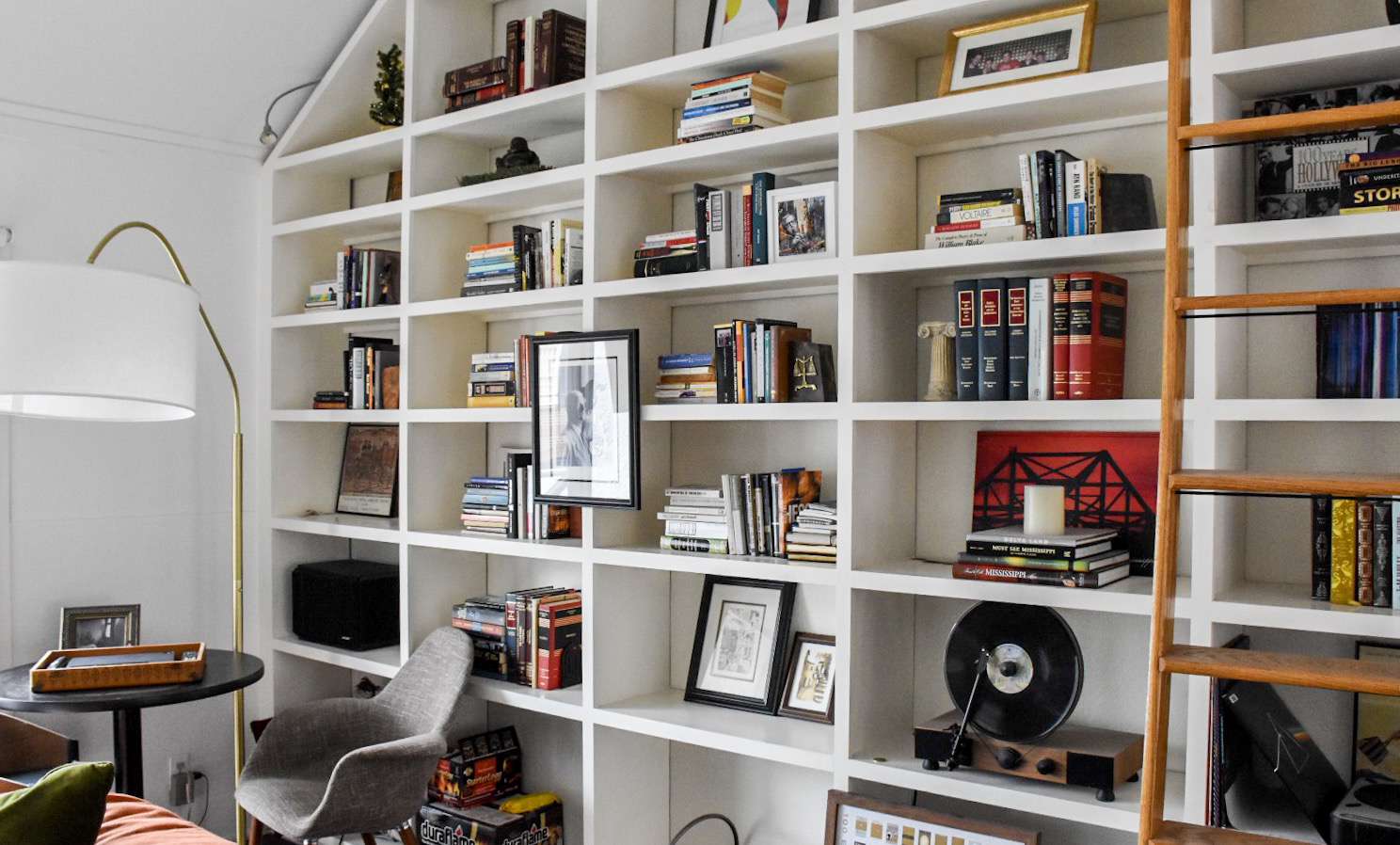1. Determine Your Reading Interests:
- Before you start collecting books, think about your reading preferences. What genres, topics, or authors interest you the most? Understanding your interests will guide your book choices.
2. Set a Budget:
- Building a home library can be a long-term project, so it's essential to set a budget. Decide how much you're willing to spend on books each month or year, and stick to it.
3. Choose Between Physical and Digital Books:
- Decide whether you prefer physical books, e-books, or a combination of both. Each has its advantages. Physical books provide a tangible connection to literature, while e-books are more portable and space-efficient.
4. Buy, Borrow, and Swap:
- To save on costs and diversify your collection, use a mix of buying, borrowing from libraries, and participating in book swaps with friends and local book clubs.
5. Invest in Quality Bookshelves:
- Proper storage is essential to protect your books. Invest in sturdy, well-constructed bookshelves. Consider adjustable shelves to accommodate different book sizes.
6. Organize Your Collection:
- Organize your books in a way that makes sense to you. You can sort them by genre, author, or even color for a visually pleasing arrangement. A well-organized library is not only functional but also aesthetically pleasing.
7. Create a Comfortable Reading Space:
- Set up a cozy reading nook with comfortable seating, good lighting, and a side table for your books and beverages. Personalize this space with decorative items and plants to make it inviting.
8. Curate Your Collection:
- Regularly assess your collection and remove books you're no longer interested in. Donating or gifting books can be a great way to share your love of reading with others.
9. Support Local Bookstores and Libraries:
- Consider supporting local bookstores and libraries. Not only can you discover unique books, but you'll also contribute to your community.
10. Join Book Clubs and Literary Communities:
- Engage with fellow readers by joining book clubs or online literary communities. They can provide recommendations, discussions, and a sense of camaraderie.
11. Take Notes and Document Your Library:
- Keep a reading journal or use digital tools to document your thoughts on the books you've read. It can help you recall insights and recommendations.
12. Preserve Your Collection:
- Protect your books from environmental factors like direct sunlight, humidity, and pests. Consider using book covers and protective sleeves.
13. Explore Different Genres:
- While it's great to have your favorite genres, don't limit your collection. Explore different genres and authors to keep your library diverse and interesting.
14. Plan for Future Growth:
- Be mindful of your space and plan for future growth. You may need to expand your bookshelves or make room for new acquisitions.
15. Share Your Library:
- Encourage family and friends to borrow books from your collection, and consider hosting book-related events, such as book club meetings or literary gatherings.
Remember, building a home library is a personal and ongoing journey. It's not just about amassing books but creating a space that reflects your interests and offers a sanctuary for reading and learning. Enjoy the process, and let your library evolve with your ever-expanding love for literature.




Comments (0)